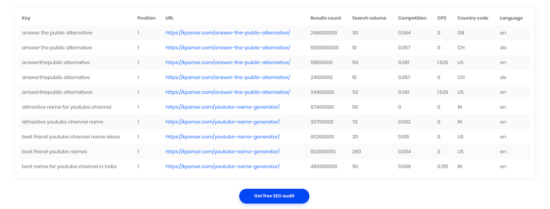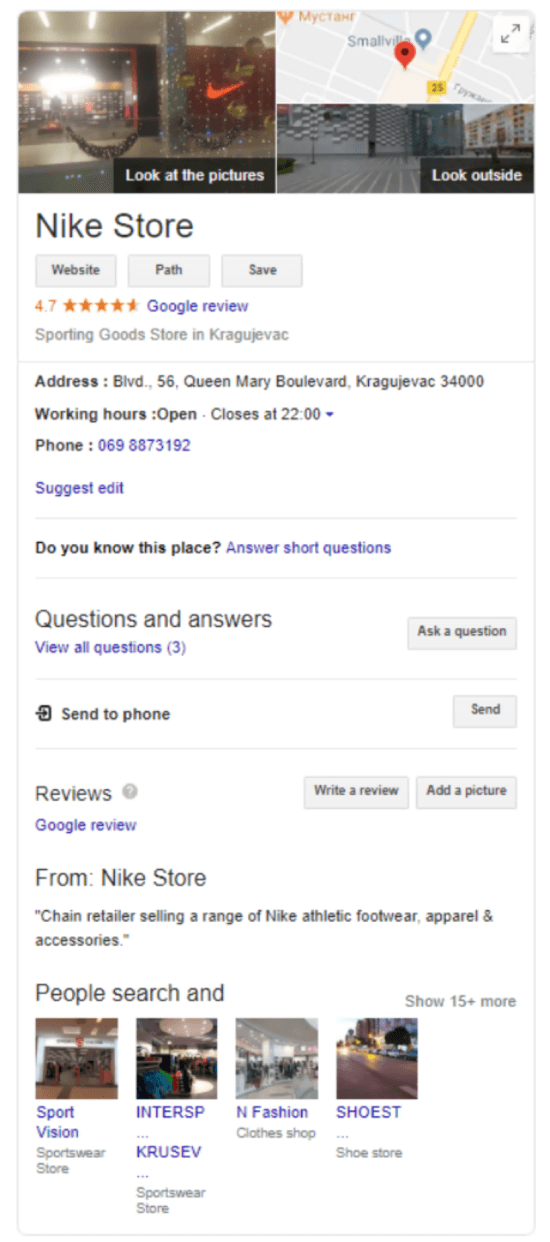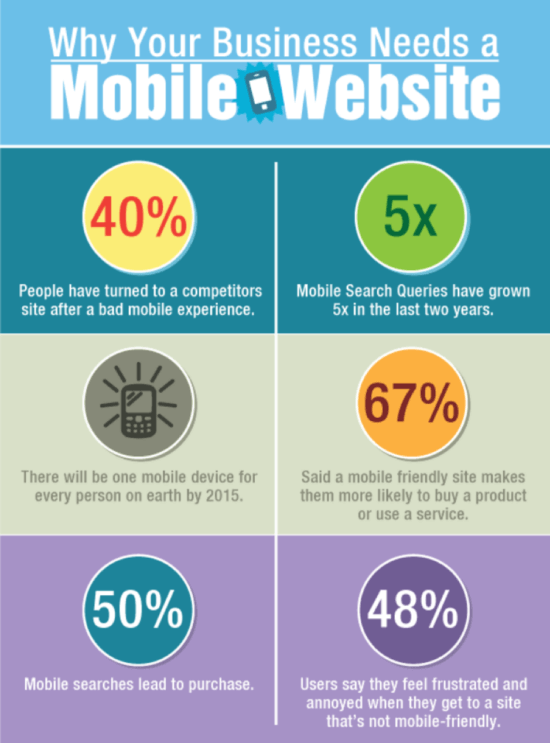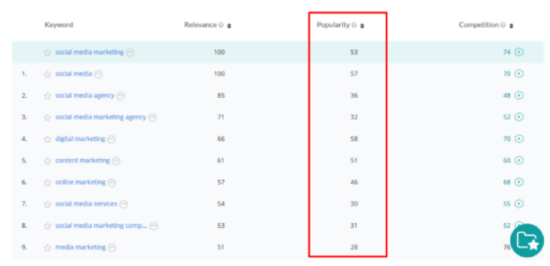As regular SEO techniques improve your global ranking, local SEO improves the ranking of your brand in your area, helping those who live close to your location find your business easier
Local SEO represents a series of steps that allow your content to reach online users that live close to your business. As regular SEO techniques improve your global ranking, local SEO improves the ranking of your brand in your area, helping those who live close to your location find your business easier.
It is a strategy that every local brand crafts according to the number of locations they operate in, as opposed to global SEO that includes the use of techniques with worldwide metrics in mind.
More than 50% of users that perform local business searches end up visiting the local office within a day. A well-implemented local SEO strategy allows users to contact you or get important information without the need to visit your website since many local SEO tools allow Google to display your contact and business information within the search results. It’s safe to say that this type of search engine optimization gives you an advantage over local competitors.

Why do you need a local SEO audit?
Performing a local SEO audit allows you to see what aspects of your marketing strategy need improvement so you can generate more online - and offline if you have a physical location - visitors. A successful local SEO strategy ranks your business higher and allows you to get more local customers. An SEO audit helps you enhance those aspects of your strategy that prevent you from maximizing your local store revenue.
While regular SEO provides you with means to reach a global audience, you’ll get more local consumers knocking at your door if your local SEO strategy is in place. According to Google, four out of five consumers search for a local business online. Performing regular audits and improvements allows your business to keep its relevance and rank higher within local search results.
Optimizing for local SEO
While regular SEO strategy includes a series of steps that enhance technical aspects of your website, and focus more on actions needed to provide wide global coverage, implementation of local SEO is more about the steps you should take to connect your brand to a certain geo-location. Of course, there are some technical aspects of your website that need to be audited for local search value, but the main focus is on making your business the most relevant in your city or country.
We’ll show you how and why you should make your page perform well on mobile devices, how to implement optimal keywords and let you in on what it takes to share information with consumers outside your homepage.
Download our Business Resource – Website localization guide
This guide is intended to highlight the main success factors for improvements to be reviewed when implementing projects with specialist agencies, consultants and in-house search, content and user experience specialists.
Access the Website localization guide
Make sure your website is mobile-friendly
More than half of the overall internet traffic is conducted via mobile devices. Furthermore, mobile internet research shows that more than half of local searches conducted via mobile devices end with the user visiting a store within a day. Let’s take a look at how to check if your website performs well on mobile devices.
- Responsive design – This type of web design allows your content to perform at it's full, on both desktop and mobile devices. Most popular CMSs, like WordPress, provide responsive design capabilities.
- Avoid Flash – Because Android and iOS operating systems don’t use Flash support it’s not recommendable to add Flash content to your web pages.
- Turn off Autocorrect for text fields – Users will fill out forms easier if you turn off Autocorrect for forms.
Target and optimize your site for local keywords
To rank higher in local searches, you should optimize your pages for keywords that are most relevant for your brand on a local scale. This means implementing key phrases that local users type in when looking for content similar to that which you have to offer.
There are numerous free website analysis tools that you can use to identify the optimal local keywords for your content. There are differences in design and special features that make each piece of software unique, however, their basic functionality is the same.
Also, you can check your competitors for more relevant keywords. Use
Sitechecker rank checker tool to get extra keywords to your website:

Here you can find all the needed information about keywords that bring the most traffic to your website, its competitiveness, search volume and CPC.
To optimize your website for local keywords, just follow this simple process:
- Go to Google Keyword Planner,
- Enter a search term most relative to your industry,
- Choose a location that you’re interested in,
- Examine keyword ideas according to their relevance to your brand and their competitiveness.
Let’s say you run a pizza place in Boston. Your goal would be to show up for as many users that look for a pizza place in this city. Start keyword optimization process by researching the performance of keywords like “pizza places in Boston” or “Best pizza in Boston” eventually “Boston pizza delivery number” and see which of the terms would best fit your brand. Then go ahead and implement these keywords within your content, but make sure the keywords and the topic are related, otherwise Google will just ignore your posts.
Keep in mind that, from time to time, keywords relevance changes, which is the main reason you should audit keywords performance regularly and make sure you’re placing keywords that drive local traffic.
Optimize title tags and meta descriptions for your location and category
To help Google rank your content higher in local searches, it’s important to allow the engine a faster overview of what your page is about and what geo-location you’re most relative to. Meta titles and descriptions are small pieces of code that should contain keywords and location info that you can insert within each page. This way search engines will take less time to crawl your website and show it to the most relevant audience.
A title tag is not visible within the content, however, in search results, the user can read the title tag and see what the page is offering. Try to make your title tag short but descriptive and also include your location (Country, City, or Address).
Here is an example of Title tag: “<head><title>24h Pizza Delivery New York</title></head>”
Meta descriptions are also small pieces of code that are a bit longer than Title tags but also help search engines and users learn more about the page. Meta descriptions should use location and industry relative keywords, as well as provide information about the content of the page.
Let’s take a look at an example of meta description: “<meta name=”description” content=”The review of the best free pizza delivery services in New York”/>”
Add your business address to your website
To provide the most relevant content to its users, search engines examine website content to the detail and rank websites according to evaluated relevance. Having your physical business address listed on your website is another great technique to improve your local SEO. There are many ways in which you can use your website to promote your brick and mortar location, let's take a look at some:
- Add your location (Country, City, and Street) to your website footer.
- Create a location page and enter your business address or addresses. Embed Google map that shows your location so users could find your office seamlessly.
Create a Google My Business page
Creating a Google My Business page is a way to let both search engines and online users see that your brand is authentic and build a trustworthy brand. This tool allows you to present all the information that concerns your business like physical address, website, phone numbers, list of products and services, as well as numerous pieces of data that might improve your relevance. In case you operate on more than one location, create a page for each location to perform better in local searches.
To enhance the effectiveness of this step, feel free to actively organize your page. Add photos, call to actions, create a FAQ section, and make your page as informative and useful as you can.

Implement off-page SEO
Making our website presentable and optimized for search engines is just one part of local SEO efforts we should make. It’s equally important to keep in mind how our brand is performing on third-party platforms. Off-Page SEO includes a list of actions that we can take to further increase our online influence both locally and on a global scale.
- Social media engagement – Make sure you are an active member of the most popular social media platforms like Instagram and Facebook. Create business profiles and publish your content regularly to broaden your reach.
- Create sharable content – Aim to develop content that people would share willingly and thus promote your brand. Use hashtags that include local idioms so the audience that follows local topics would notice your posts also.
- Create guest posts – Find influential websites related to your business and see which of them are interested in publishing guest posts. Make sure to include your URL somewhere within the post, and link it to keywords that are related to the topic of the page you’re linking to.
- Engage in public discussions – Websites like Quora, Yahoo Answers, and others allow people to seek answers to all sorts of problems. Search for questions that some of your posts could solve and post links to that content.
Natalie Fia is a marketing specialist at
Sitechecker.pro. Her specialization is website search engine optimization.












